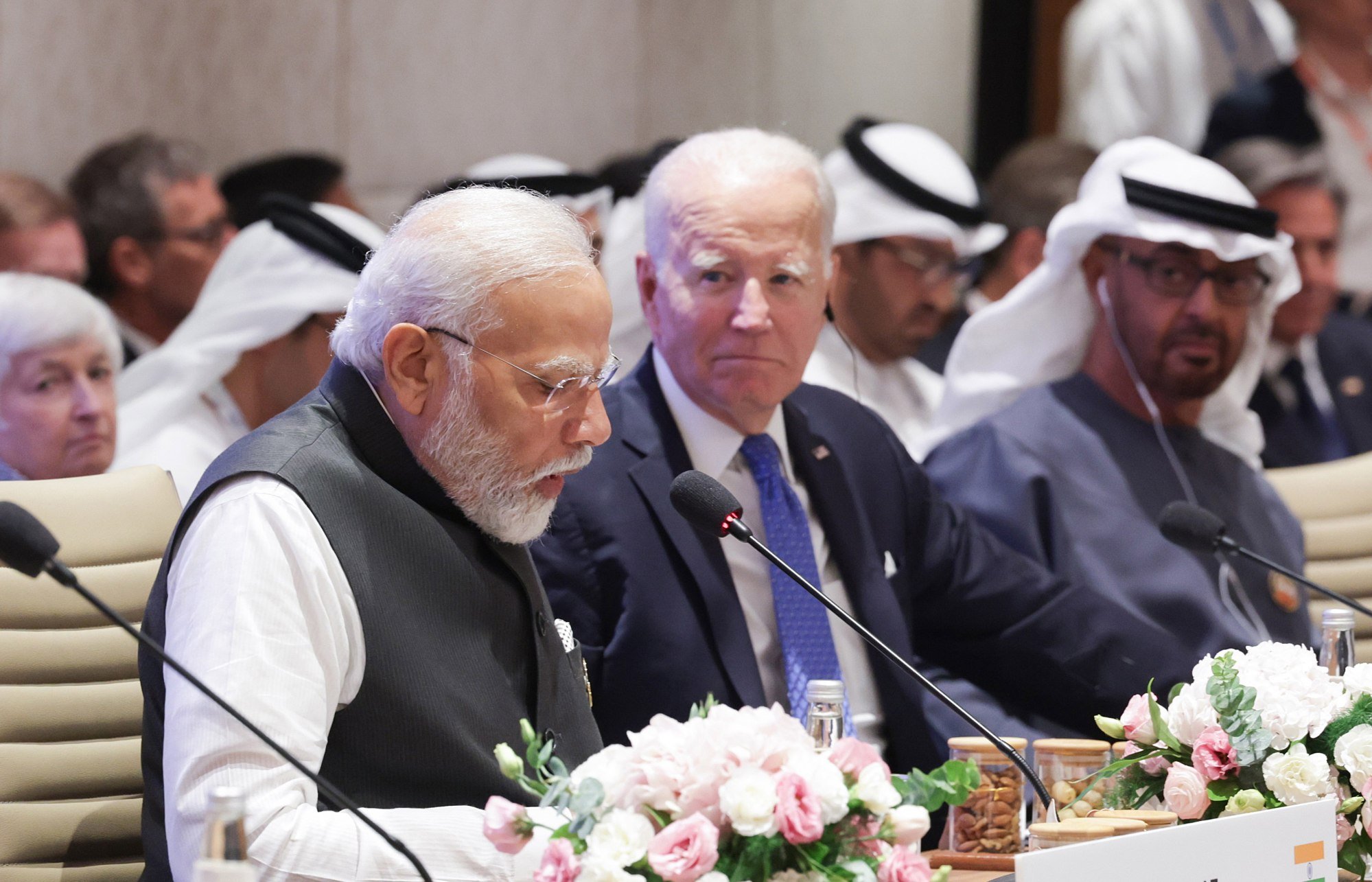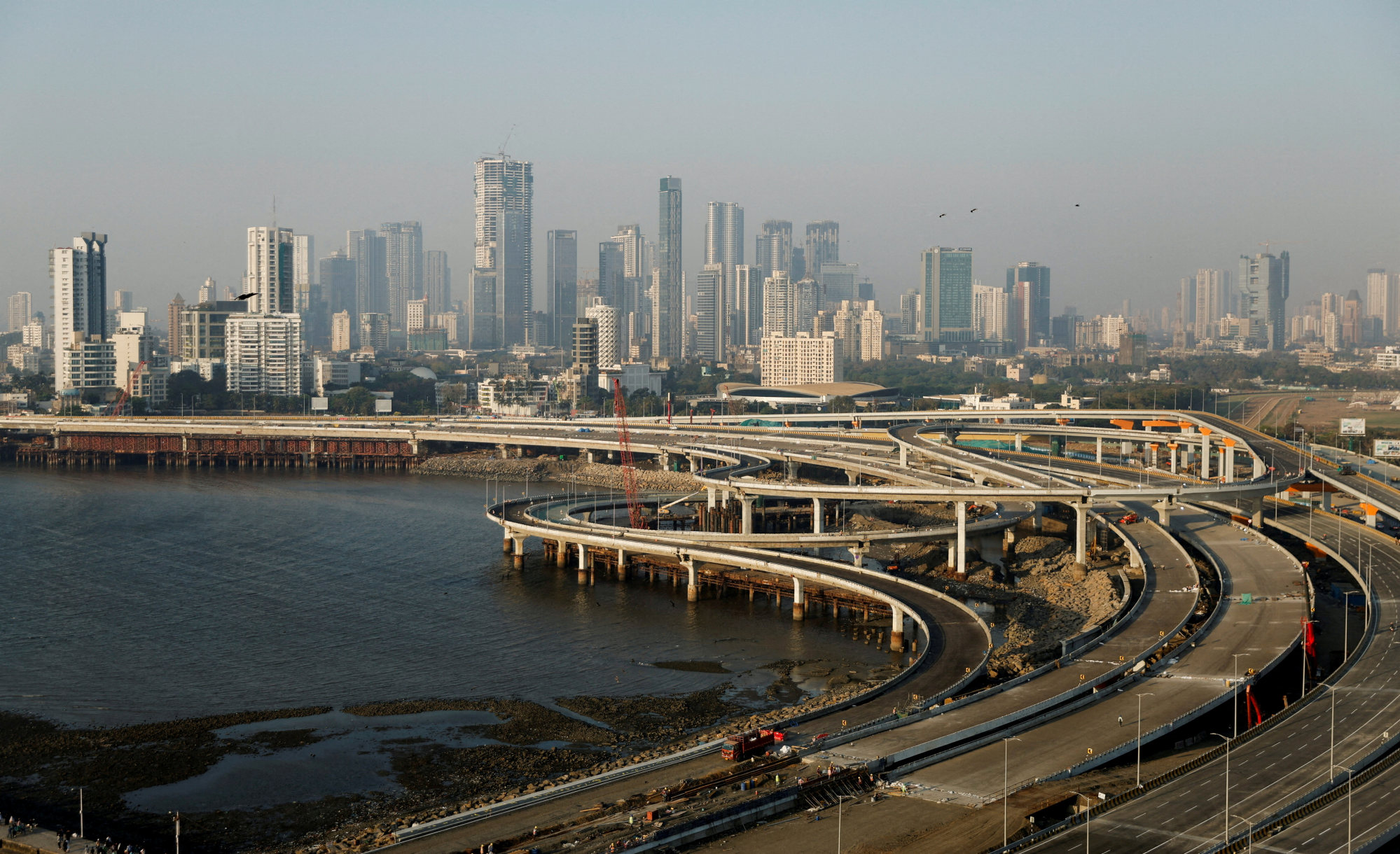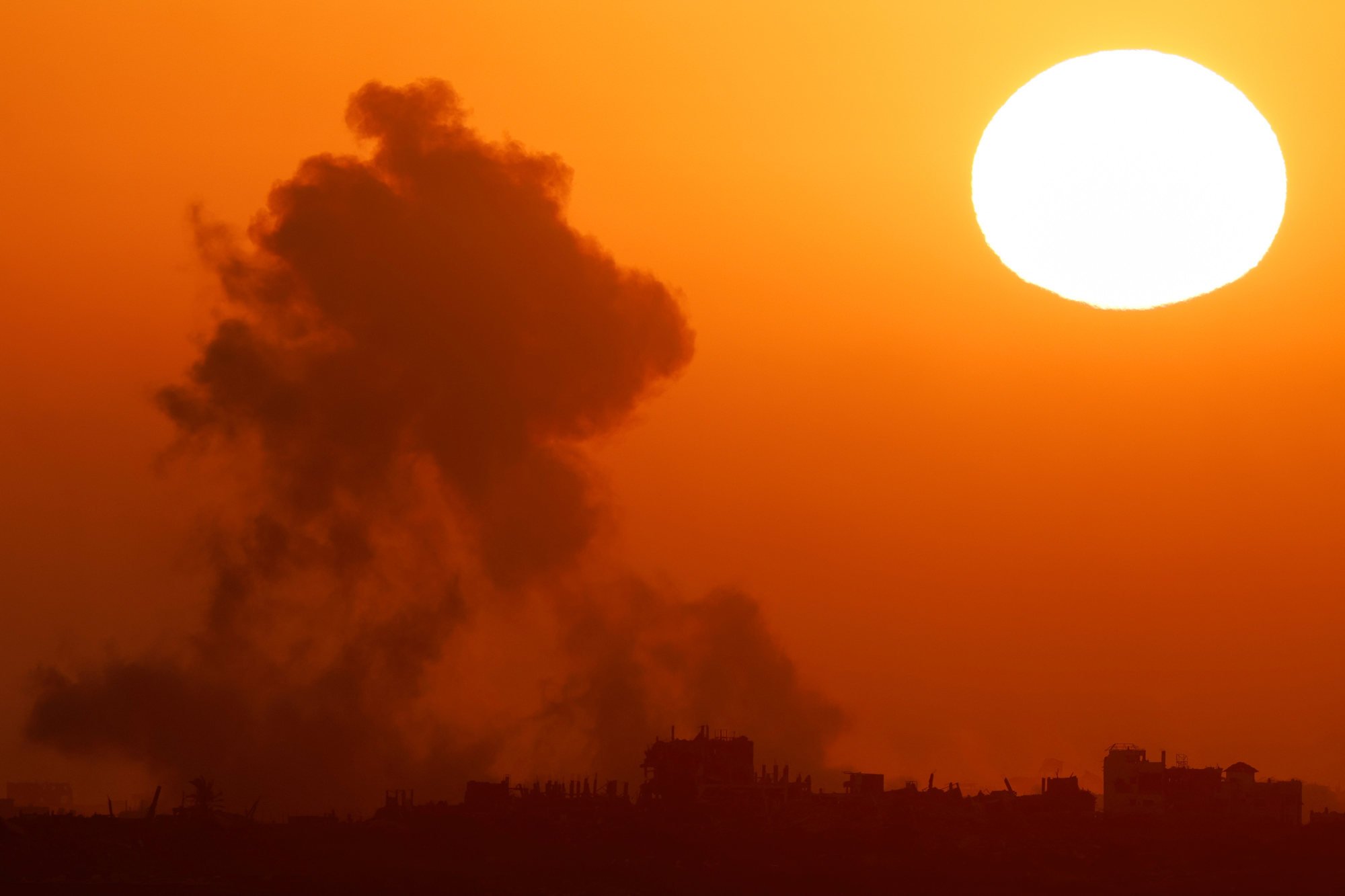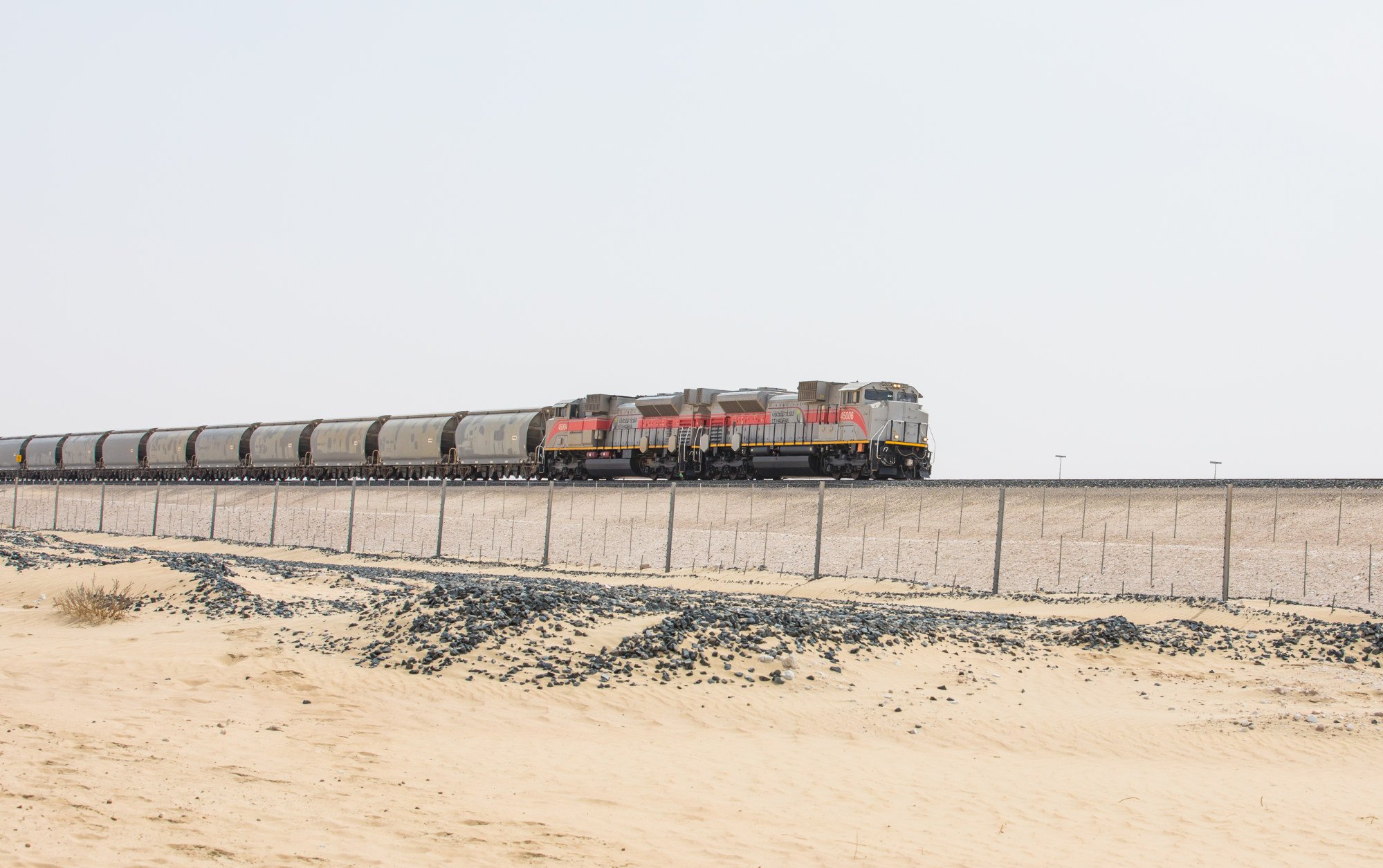India banks on US$9 billion mega port to reboot its Europe trade corridor plans
But Indian analysts argue regional tensions may ultimately prove a short-term hurdle rather than a fatal flaw for the scheme.
“I don’t think this problem in the Middle East is going to be a forever issue,” said Sreeradha Dutta, an international affairs professor at Jindal Global University, who added that the new deep water port “has huge potential”.
“I am upbeat about it because India’s track record has been improving in implementing such plans,” she said.

As the start of the IMEC, the new mega port in Vadhavan could become a “gateway for India’s commerce with Europe and the Gulf region”, Dutta said.
Foundations for broader cooperation already exist – India has a free trade deal with the UAE and is negotiating another with the EU.
The IMEC project also envisions supply chain integration to promote joint manufacturing, undersea data cables, and a hydrogen pipeline as a sustainable fuel alternative, aligning with Gulf nations’ economic diversification plans.
“India’s aspirations as a rising economy” meant the IMEC and Vadhavan were “certainly worth pursuing, despite the complexities and problems”, Dutta said.

India’s proven track record in developing modern highways, airports, and other vital infrastructure also suggests it has the capabilities to successfully deliver the ambitious mega-port initiative.
The Vadhavan port announcement shows the IMEC “is going forward and for its part India is going to build the capacity”, said Harsh Pant, an international-relations professor at King’s College London.
“They don’t have the luxury to make it a long gestation project, and some things should be done in a timely manner.”

Navigating hurdles
Significant geopolitical hurdles to the IMEC’s execution exist – not least the heightened regional tensions that make convening all parties all but impossible at present.
Goods shipped from India to the UAE along the project’s envisaged maritime section would require rail transport to Israel’s Haifa port before continuing their journey to Europe, noted Manoj Joshi, a distinguished fellow specialising in international politics at the Observer Research Foundation think tank.
However, Joshi said Saudi Arabia and Israel’s lack of a shared land border, and the required “protocols and procedures” to ensure connectivity, are unlikely to get worked out “with a war going on”.
The true test will be whether key players like the UAE and Saudi Arabia develop railway infrastructure along the corridor route, he said.

Despite the delays, other analysts remain optimistic the project will ultimately come to fruition. Kabir Taneja, a fellow with the Observer Research Foundation’s strategic studies programme, estimated it would take “one to two years” before all partners are willing to discuss the project again.
Significantly, none of the key participants, including the UAE and Saudi Arabia, have indicated they will abandon the project. Both nations have sought to maintain a degree of neutrality amid the current tensions, Taneja said.
“It is a positive sign,” he said. Even if they [the tensions] are not resolved, it will come to a point where it will dilute out and there will be some kind of ceasefire and that will allow these blocked projects to take off.”